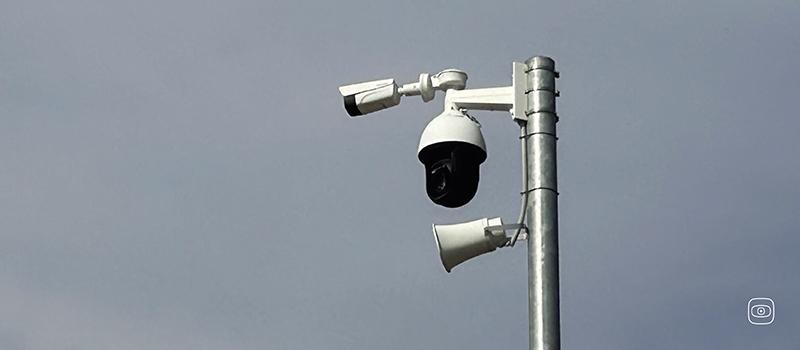AI technologies are the European Union's latest response to unwanted migration. From the Greek-Turkish land border along the Evros River to the coast of Calais and the English Channel, AI-driven technologies, drones, thermal imaging cameras and a range of surveillance systems are being funded by the EU. This move towards 'smart borders' and 'smart migration management' has long raised legal and ethical concerns about its impact on the fundamental rights of migrants. This 'externalisation of borders', i.e. the shifting of border controls abroad, has become the main tool used by the EU in recent years to try to stop migration flows into Europe.
This practice is based on the use of modern technology, training and equipping of authorities in third countries to export the border far beyond their own borders.
Greece's borders are fortified with a range of advanced technologies, including drones, thermal cameras, motion detection systems, biometric scanners and comprehensive surveillance networks. The Evros land border is an example of Europe's 'smart border' initiatives, using automated systems to monitor and respond to movements even before migrants reach EU territory. Greek authorities rely on AI systems to track refugees even before they cross the border, and coordinate with Turkish officials to intercept and deport them. Drones and automated systems gather information inaccessible to oversight bodies, enabling impunity while further restricting the movement of migrants.
While these systems are promoted as improving efficiency and security, they have raised concerns about privacy violations and restrictions on the right to asylum, concerns that this research confirms.
This joint investigation by six journalists, published in international media with a national focus, is based on field research in nine countries, more than 100 interviews (background and on the record) with policymakers, informants, activists and refugees, and the review of thousands of pages of documents and contracts, as well as Freedom of Information Act requests.
The team of journalists have documented routine controversial practices such as the mass collection of biometric data and the confiscation and analysis of migrants' mobile phones without due process or proper consent.










